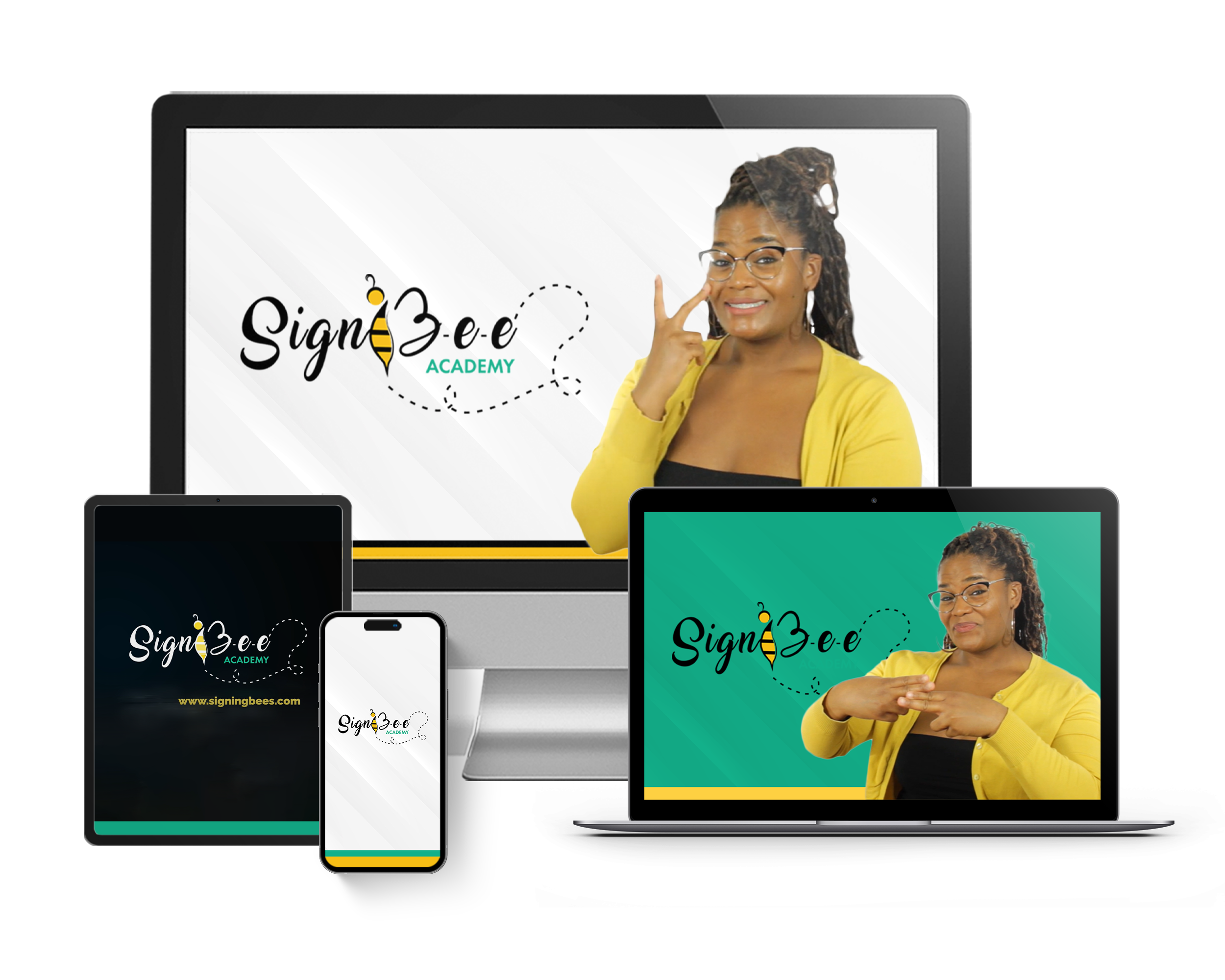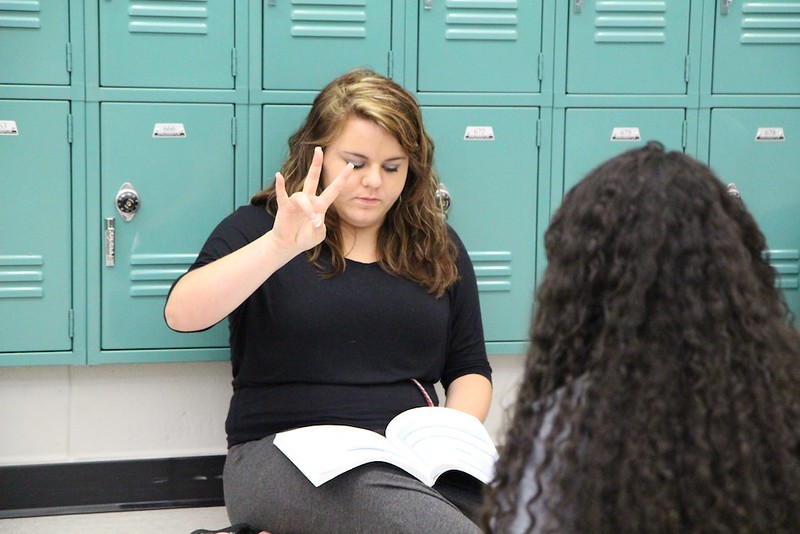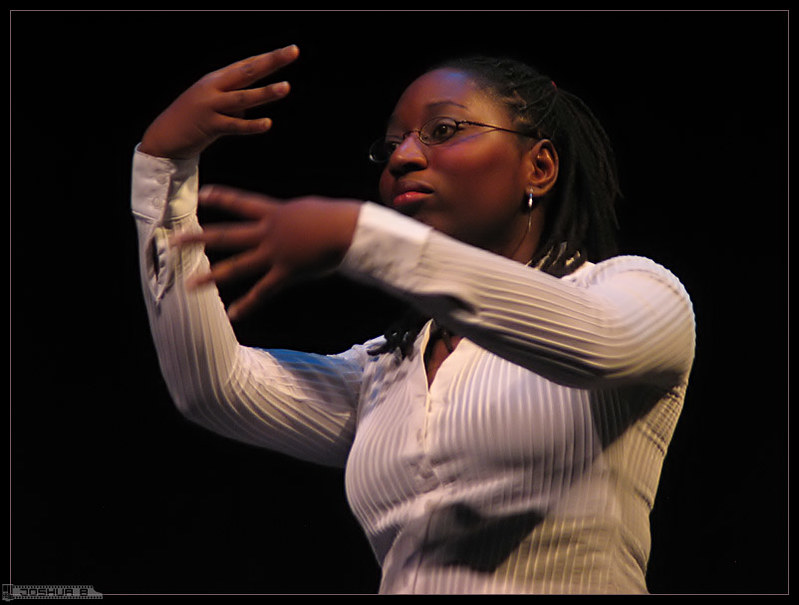There is no denying that a person can’t navigate life without social-emotional skills. We use these skills every day to make sense of the world around us. You might be asking what social-emotional skills are and if you have them.
Social-emotional skills are skills humans use to interact with each other and the world around them. They include things like decision-making, spatial awareness, responses to stimuli, and much more. For the fact you are reading this article, know that you have social-emotional skills.
However, your toddler hasn’t yet and barely understands his or her environment. So, how can your child develop from this unaware state to a well-equipped adult? The answer begins with baby sign language. Social-emotional development is a journey every human must take and your child isn’t excluded.
Certain factors can affect this development and one of them is the baby sign language. So, in this article, join me in examining the impact of baby sign language on social-emotional development.
What Is Social-emotional Development in Early Childhood?
Social-emotional development is the increasing ability of an individual to relate with other people. It begins at birth and continues into adulthood. It includes communication, sharing, and cooperation.
One thing a parent must know as they watch a child develop social and emotional skills is that a sense of self must come first. They will first understand who they are and how they fit into their environment.
With that, they will learn to regulate their emotions. For example, a child will figure out early that they should stop crying now that they have gotten what they want. By regulating emotions, they will learn to show pleasure with pleasurable things and displeasure with unpleasant things.
They will, over time, figure out early, who they can trust. So, don’t be surprised when your baby who was docile in the arms of strangers suddenly doesn’t want to be picked up by people he or she doesn’t know. That is part of development.
With the development of trust, your child will use the information gathered to interact with other children. For example, the child will understand at the basic level that a peer who plays with them is one to be happy around.
All these things happen at the basic level and as the child gets older, the social and emotional skills they learn become more complex.
There are genetic, environmental, and social factors that influence your child’s development.
Baby Sign Language and Social-emotional Development
You might be wondering how baby sign language is related to social-emotional development. Well, suppose you remember that baby sign language is all about teaching your preverbal child how to communicate. In that case, you will suspect that there is a possibility that baby sign language affects social-emotional development. The points below shows how that happens.
Enhanced Communication
Social development in a child cannot progress without a means to communicate. Communication is one way to measure the growth and development of your child. With communication comes better social skills and understanding. Communication also helps the child in regulating their emotions.
So, what options does a child have before they can speak? They have baby sign language. With baby sign language a child that is less than ten months old can know enough gestures to effectively communicate with a parent.
A child who has been taught baby sign language will develop socially and emotionally faster than their peers.
Bonding
Children form bonds naturally with people they spend time and interact with. This bond can help them understand community building and learn other social skills at a very young age by observing. For example, children learn to make funny faces as a form of play from adults.
To effectively teach baby sign language you must spend time with your child and reinforce lessons. With that constant communication and social interaction, you will form a close bond with your child and in turn, enhance their social-emotional development.
Empathy
One way you know that a child is socially developing is when they respond to the pain of others by attempting to give comfort. For example, a child offering the comfort of touch when a parent is sad is a big deal.
One thing that can help your child develop empathy is baby sign language. How, you might ask? Baby sign language gives your child a better understanding of the world around them and they start noticing things like when mom is sad.
Independence
An increase in independence is a sign that your child is developing emotionally and socially. This independence might come in easy-to-miss ways. For example, a toddler might learn to entertain themselves with the contents of your wardrobe in your absence.
Baby sign language helps children develop independence quicker than their peers. This is because they can communicate and learn to share their thoughts. With such a skill, independence is only natural.
Final Thoughts
Every parent wants their child to develop social skills because the world will be an easier place for the child with the right skills. The thing is, there is no school of social skills for pre-verbal children. So what can you do? Well, you can start with baby sign language.
Baby sign language is a way through which your child can learn social skills. This is because language is an important step in social-emotional development. With the effective communication that baby sign language provides, your child will show signs of independence, and empathy, and form a deeper bond with those around them.
The challenge is that baby sign language can be difficult to teach and you might not know if you are making progress with your child at all or not. That is where I come in. With my expertise in baby sign language, my courses can guide you through the rough to find the communication diamond in your child.
Unspoken Language Services has all you and your baby need to communicate effectively. Your child needs baby sign language, and you need me to show you how to teach it.
Thumbnail Photo Credit to: Photo by Tatiana Syrikova





